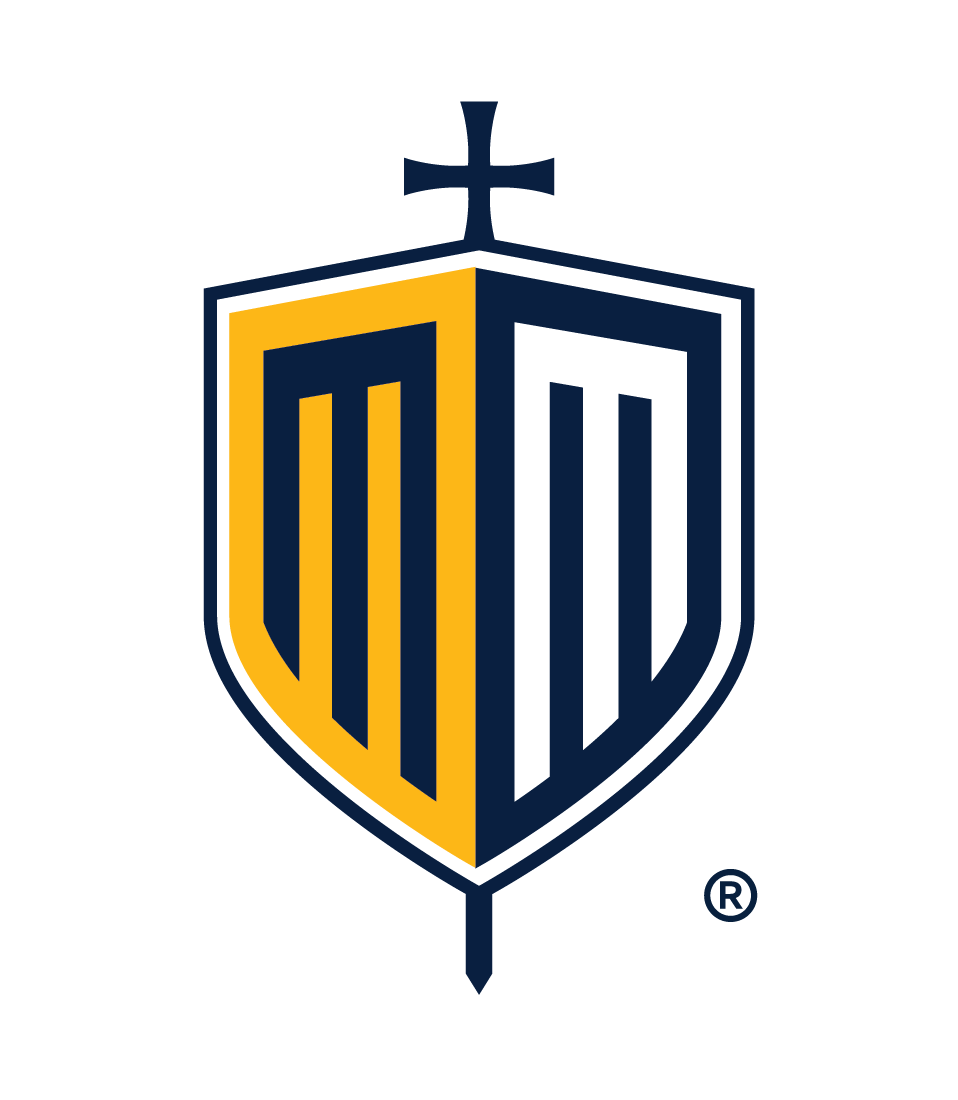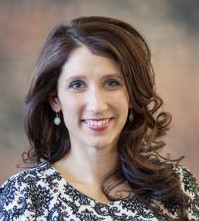Accounting
Program Type: Major, Minor
Program Level: Undergraduate, Associate
Department: Social Sciences
The Mount Marty University accounting program prepares students for a contemporary world of work through education and experience in current theories and practices of financial accounting, managerial accounting, taxation, auditing and business as well as giving students a moral foundation based on traditional Catholic values.
- Bachelor of Arts
- Associate of Arts
- Major
- Minor
Bachelor Degree Requirements: 128 credits
Major Course Requirements: 56 credits
- ACC 120 Accounting I
- ACC 121 Accounting II
- ACC 240 Intermediate Accounting I
- ACC 241 Intermediate Accounting II
- ACC 320 Managerial Accounting
- ACC 325 Federal Taxation I
- ACC 326 Federal Taxation II
- ACC 340 Accounting Systems
- ACC 360 Auditing
Related Course Requirements
- BUS 225 Principles of Marketing
- BUS 231 Principles of Management
- BUS 255 Macroeconomics
- BUS 256 Microeconomics
- BUS 370 Corporate Finance
- BUS 372 Legal Environment of Business
- BUS 412 Production/Operations Management
- MTH 219 Elementary Statistics
Associate Degree Requirements: 64 credits
Associate of Arts Requirements: 20 credits
Major Course Requirements:
- ACC 120 Accounting I
- ACC 121 Accounting II
- ACC 320 Managerial Accounting
- ACC 325 Federal Taxation I
Related Course Requirements
- BUS 231 Principles of Management
- BUS 270 Management Information Systems
Minor Course Requirements: 20 credits
- ACC 120 Accounting I
- ACC 121 Accounting II
Lori Hofer
Assistant Professor of Business
Terry Stull
Assistant Professor of Business
Lakshman Chandrashekhar
Business Department Chair
Charles Gross
Assistant Professor of Business
Dave Spencer
Assistant Professor of Business
- Tax Clinic
- Internships
- Investment Club








